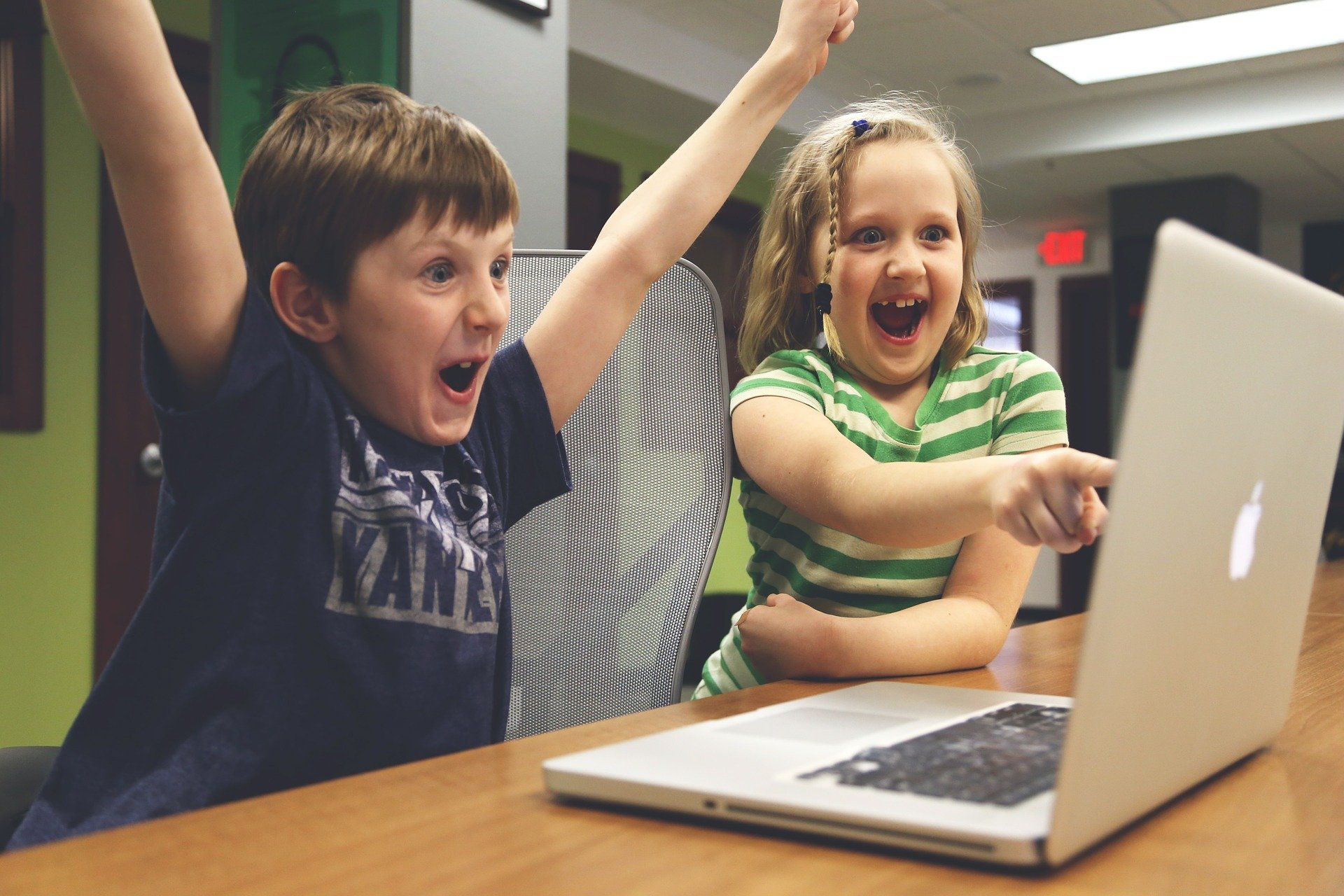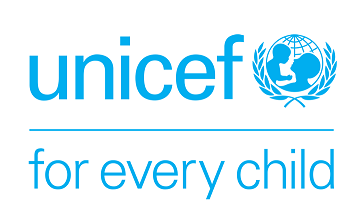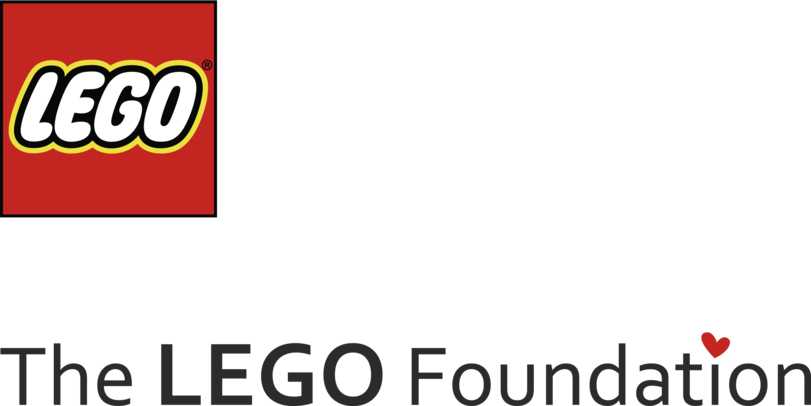Responsible Innovation in Technology for Children: Digital technology, play and child wellbeing
Exploring how children think and feel about their wellbeing and digital play to enhance their play experiences and wellbeing.

Our Vision
Children are spending more time in digital spaces than ever before. While much needed efforts to understand digital risks are taking place across the world, less attention has been paid to understanding and making the most of the benefits that digital technology can provide in supporting children’s rights and their wellbeing. The RITEC study brings children’s voices into thinking about digital play and what this means to their wellbeing. Our goal is to inform digital design, making sure children’s needs and desires shape the development of platforms that are meant for them.
Our Project Plan
We’ll be consulting with children and young people around the globe to understand their perceptions of wellbeing and their experiences of digital play. In total 318 children and young people were recruited from 12 different countries, aged between 7 and 18. Drawing on the existing literature and consultations with young people, the research developed a wellbeing framework to help industry conceptualise and measure young people’s wellbeing in context of digital play.
Project History
This project built on our ongoing relationship with UNICEF Innocenti. The UNICEF team administered the project and contributed to the development of the wellbeing framework and report. You may find other projects we have undertaken in partnership with UNICEF here.
What Impact will this research have?
The project will play an important role in centring children’s voices regarding their digital play experiences. The RITEC Group will create practical tools for businesses and governments, empowering them to put the well-being of children at the centre of digital design.
Research Outputs
This RITEC report includes the wellbeing framework for children, made up of eight child-centric wellbeing outcomes. The framework is a first step towards helping tech developers and policymakers develop a common understanding of how digital experiences can positively influence aspects of child well-being. The report aims to inform the design of digital products and services used by children, as well as the laws that govern them.
Collaboration team
We are grateful to the wide and varied skill sets our collaborators brought to the table, making this idea a reality.
Internal collaborators
Professor Amanda Third
Dr Girish Lala
Associate Professor Liam Magee
Dr Rebekah Grace
Lilly Moody
Dr Luke Munn
Dr Shiva Chandra
External collaborators


We are delivering this project in partnership with the Joan Ganz Cooney Centre; the CREATE Lab at New York University; the Graduate Center, City University of New York; the University of Sheffield and the Australian Centre of Excellence for the Digital Child.
The partnership is an international, multi-stakeholder and cross-sectoral collaboration between organizations that believe the design and development of digital technology should support the rights and well-being of children as a primary objective – and that children should have a prominent voice in making this a reality.
Our sincere gratitude goes to the following organisations for generously implementing creative and participatory workshops with children in their countries of operation:
Albania: UNICEF Albania; Brazil: SaferNet Brazil; Bulgaria: UNICEF Bulgaria; Indonesia: Semai Jiwa Amini (SEJIWA) Foundation; Iraq: UNICEF Iraq; Jordan: UNICEF Jordan; Pakistan: Group Development Pakistan; South Africa: Media Monitoring Africa; Taiwan Province of China: Youth Rights Alliance; Tanzania: UNICEF Tanzania; Tunisia: UNICEF Tunisia; Uruguay: UNICEF; Uruguay United Kingdom: Kids Know Best.
Funding
The RITEC (Responsible Innovation in Technology for Children) project was co-founded by UNICEF and the LEGO Group and is funded by the LEGO Foundation.
Period
January 2021 – May 2022
Contact
If you would like to get in contact with the RITEC team, please email Professor Amanda Third at a.third@westernsydney.edu.au
